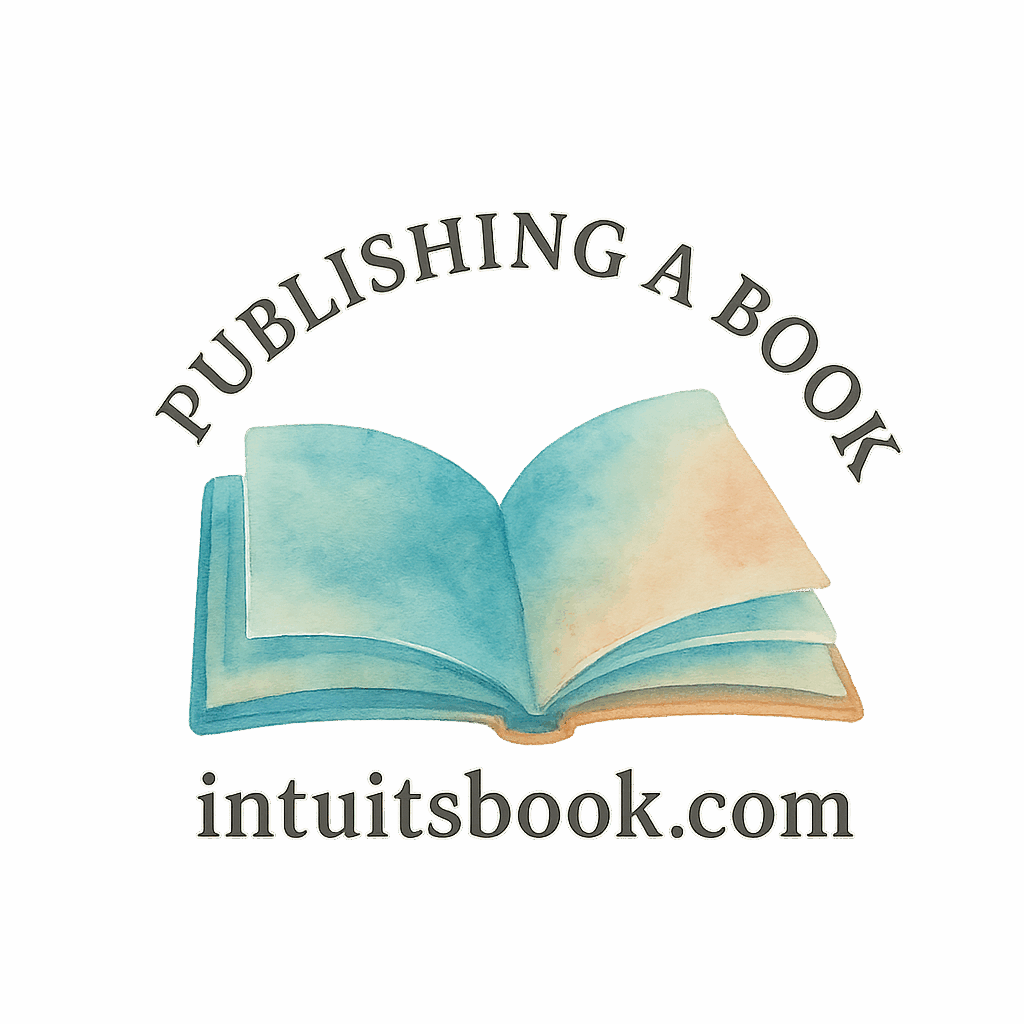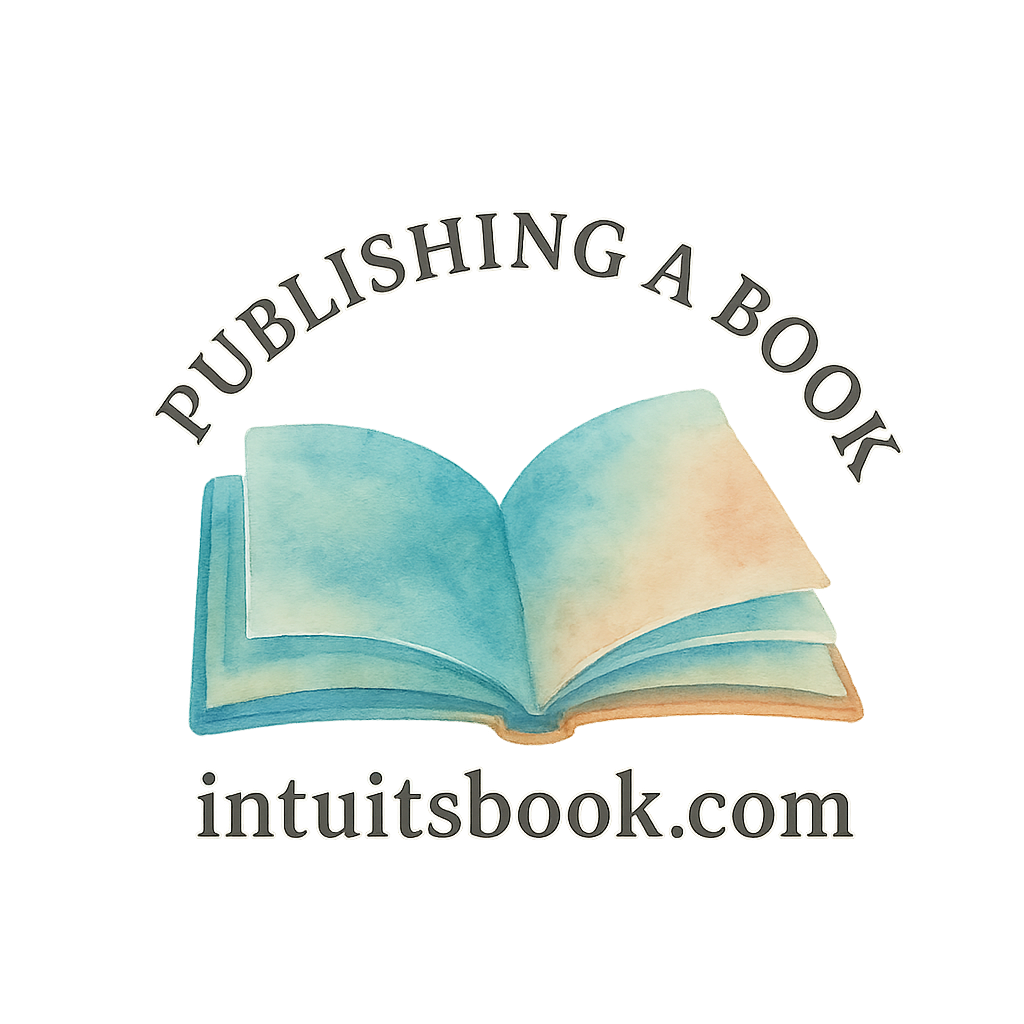Introduction
So you’ve written a book — congrats! 🎉 But writing is just the first step. The real challenge? Selling it. In a saturated market, even the most beautifully written stories can get buried without a game plan. That’s where the secrets of successful authors come into play. Whether you’re a new writer or a seasoned indie author, these proven strategies can help you rise above the noise and boost your book sales.
Ready to uncover what the pros are doing behind the scenes? Let’s dive into the 7 secrets that successful authors use to sell more books — and how you can use them too.
1. Know Your Target Audience Inside and Out
Why Audience Research Is Everything
Imagine trying to sell vegan cookbooks to a crowd of barbecue lovers — sounds like a flop, right? That’s why knowing your readers is crucial. Successful authors don’t just write for everyone; they write with a specific reader in mind.
Understanding your audience helps you shape your tone, cover design, marketing message, and even your launch strategy. It’s like sending a love letter — it needs to speak directly to the heart of the reader.
Tools to Understand Reader Behavior
Use tools like:
- Google Trends
- Facebook Audience Insights
- Amazon reviews on similar books
You can also explore insights through IntuitsBook’s author education resources to learn more about your genre-specific audience.
2. Build a Powerful Author Brand
Personal Branding for Authors
Your book is the product, but YOU are the brand. Think of your author brand as your personality online — your vibe, your voice, your story. It makes readers remember and connect with you. Successful authors build loyal followings by being authentic and approachable.
Consistency Across Platforms
From your website to your social media to your author bio — keep your branding tight. Use the same tone, color schemes, and messaging. This builds trust and recognition. Platforms like IntuitsBook’s tools can help you stay consistent.
3. Master the Art of Book Marketing
Using Free and Paid Marketing Channels
Marketing is where most books either shine or flop. Free methods like blogging, podcasting, and guest posting can do wonders. But don’t sleep on paid ads, either — Amazon, Facebook, and BookBub ads can seriously drive traffic when used wisely.
Email Marketing and Reader Funnels
Build your email list from day one. Give away a freebie like a novella or workbook in exchange for email subscriptions. This gives you a direct line to people who want your content. Then set up a sales funnel — awareness, engagement, conversion.
Check out IntuitsBook’s book marketing hub for deeper marketing strategies and tips.

4. Leverage Reviews and Social Proof
Getting Authentic Reader Reviews
People trust other readers more than authors. A handful of glowing reviews can be the tipping point for a sale. Ask your launch team, email list, or ARC readers for honest feedback. Don’t be shy!
Use platforms like Goodreads, Amazon, or even your blog. Tools from IntuitsBook’s review-building tips can support your review strategy.
Using Social Media for Testimonials
Take screenshots of glowing reviews and share them across your social media channels. Tag the reviewer if possible — it adds authenticity and encourages sharing.
5. Write With a Publishing Strategy in Mind
Self-Publishing vs. Traditional Publishing
Some authors want the creative control and royalties of self-publishing. Others prefer the wider distribution and industry backing that traditional publishing offers. The choice depends on your goals.
Explore both options:
Whichever path you choose, treat publishing as a business decision, not just a creative one. Need more clarity? Check out the learn-to-publish guide.
6. Use Data and Analytics to Guide Decisions
Tracking Sales and Reader Engagement
Would you drive with your eyes closed? Of course not. Yet many authors publish without looking at their numbers. Track sales by platform, monitor engagement on newsletters, and analyze ad results.
Optimizing Based on Results
Let the data speak. Are readers dropping off after Chapter 1? Maybe your intro needs work. Is one book outperforming others? Dig into why. Use analytics tools to refine your strategy.
7. Keep Writing & Keep Learning
How Prolific Writing Drives Sales
Successful authors don’t rest on one hit. They keep writing. More books mean more sales channels, more ways for readers to discover you, and more chances to build your brand. It’s simple math: more books = more opportunities.
Explore your creativity with help from the Writing Process guide, or start with tips on turning your book idea into a full manuscript.
Conclusion
Selling books isn’t just about writing them. It’s about strategy, branding, consistency, and grit. The most successful authors treat their writing career like a business. They experiment, analyze, learn, and most importantly — they keep going.
Use these 7 secrets as your roadmap to not just sell books, but to thrive as an author. Ready to take the next step? Explore resources at IntuitsBook and join a growing community of independent and traditionally published authors committed to mastering the craft and business of writing.
FAQs
1. What’s the most important secret for book sales success?
Knowing your audience is key. Every other strategy builds on that foundation.
2. How do I choose between self-publishing and traditional publishing?
It depends on your goals. Self-publishing gives you control and royalties, while traditional publishing offers reach and credibility. Start here: Self vs Traditional Publishing.
3. How can I get more book reviews?
Build a launch team, use ARC (Advance Reader Copies), and ask your readers directly. Learn more here: Book Promotion Tips.
4. Do I need a website as an author?
Absolutely. It’s your online home base. It builds credibility and helps you collect email subscribers.
5. What kind of analytics should I track as an author?
Track sales, email open rates, ad performance, and reader retention. Tools from author tools can help.
6. How can I stand out in a crowded market?
By having a strong author brand, a specific niche, and consistent marketing. Resources: Author Career.
7. What’s the best way to start marketing my book?
Start by building an email list and social presence before launch. Check out Free Marketing Tips.


